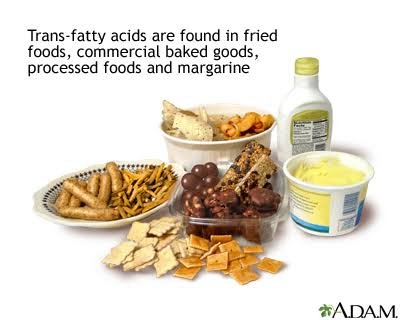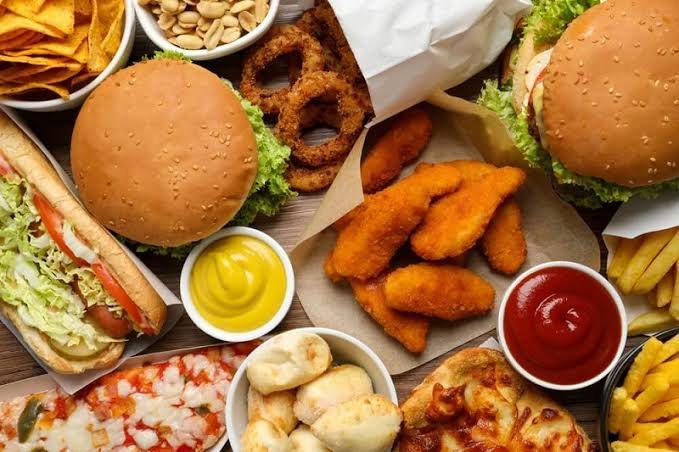Trans Fats in Processed Foods Contribute To Heart Diseases
Heart Diseases, the fallout of trans fats in fried foods
Trans fats in our cookies, pies, crackers, chips, French fries, the reason for rise in heart conditions. Heard me right?
🤔 But think again before reaching for your next serving. They all contain trans fat, which is notorious for clogging arteries and causing heart disease.
The recommended consumption of trans fat is less than 1% of total energy intake, which is less than 2.2 g per day for a 2000-calorie diet.
There are two types of trans fats:

1️⃣ Industrially produced trans fats – found in margarine, vegetable shortening, Vanaspati ghee, fried foods and baked goods.
2️⃣ Naturally occurring trans fats – found in meat and dairy foods from ruminant animals (e.g. cows, sheep, goats).
Both industrially produced and naturally occurring trans fats are equally harmful.
📈 Use of trans fats increased dramatically in recent years because they tend to be cheaper and have several chemical and physical characteristics that make them suitable for a variety of processed food products.
Although the primary responsibility to protect people from the harmful effects of industrially produced trans fat rests with governments, here’s what you can do:
🍟 Avoid PHO found in fried and baked foods (if it is labelled on the food product).
🐏 Reduce amount of meat and dairy foods from ruminant animals (e.g. cows, sheep, goats).
Trans fat has no known health benefits to date.
Credit: WHO Guides on Healthy Lifestyle

